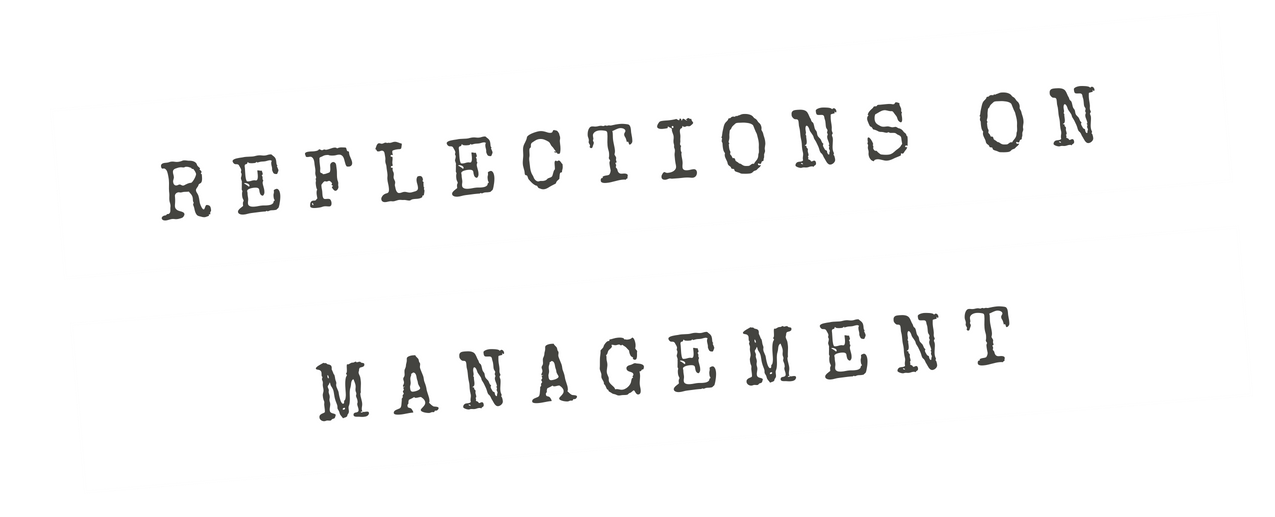The notion of commitment, I think, is a good starting point. But it doesn’t tell the whole story. I don’t think it really tells the story of an individual’s roles within the organization.
Season 6, Episode 6 — Click here to download the transcript
In part 5 of the series on the Social Contract, I concluded with three principles that should be the basis of conversations about what everyone should expect from their collectives, be they societies or organizations. I talked about what is just, or what is considered appropriate, for the collective to provide. I talked about what is equitable such that all should have the same access to a particular service. And I also talked about what is fair since that all had the same experience of receiving the service. But these are not the only three. There are more. We want to now consider the perspective of the member towards the collective.
What is the ‘ideal member’? And what characterizes them? In this episode, I explore three principles — duty, member responsibility, and loyalty–from two perspectives. One perspective is that of the member who is a ‘rank and file’ individual with limited supervisory or leadership requirements. The other is that of the ‘leader’ whose supervision may range from first-line to executive. Both are members, but their senses of commitment to the organization are very different because leaders take on additional responsibilities for the care and enabling of their subordinates. Duty is the formal obligation to the organization — what any individual must do. Member responsibility is more informal and normative, reflecting the expectation that members should, to the best of their abilities, improve the organization. Loyalty is an affective element and reflects one’s desires to be in the organization and commit to it. I argue that the nature of these principles are the same — we should want ‘more’ adherence to them, while recognizing that absolute adherence is probably beyond most people’s capacities (e.g., work-family balance). However, the character is different between leaders and members.
This adds to our understanding of how the Social Contract should be renegotiated. Do our leaders ensure that members are treated justly, equitably, and fairly, while in turn the members (and leaders) are able to fulfill their duties, they do so willingly, and have the freedom and encouragement to make things better? I believe we can come up with a long list of ways we fall short due to structural and cultural barriers…
Works Referenced:
Haidt, J. (2012). The righteous mind: Why good people are divided by politics and religion. Vintage.
Talking About Organizations Podcast: Episode 35. The Managed Heart – Arlie Hochschild, covering:
- Hochschild, A. R. (2012). The managed heart: Commercialization of human feeling. Univ of California Press.


